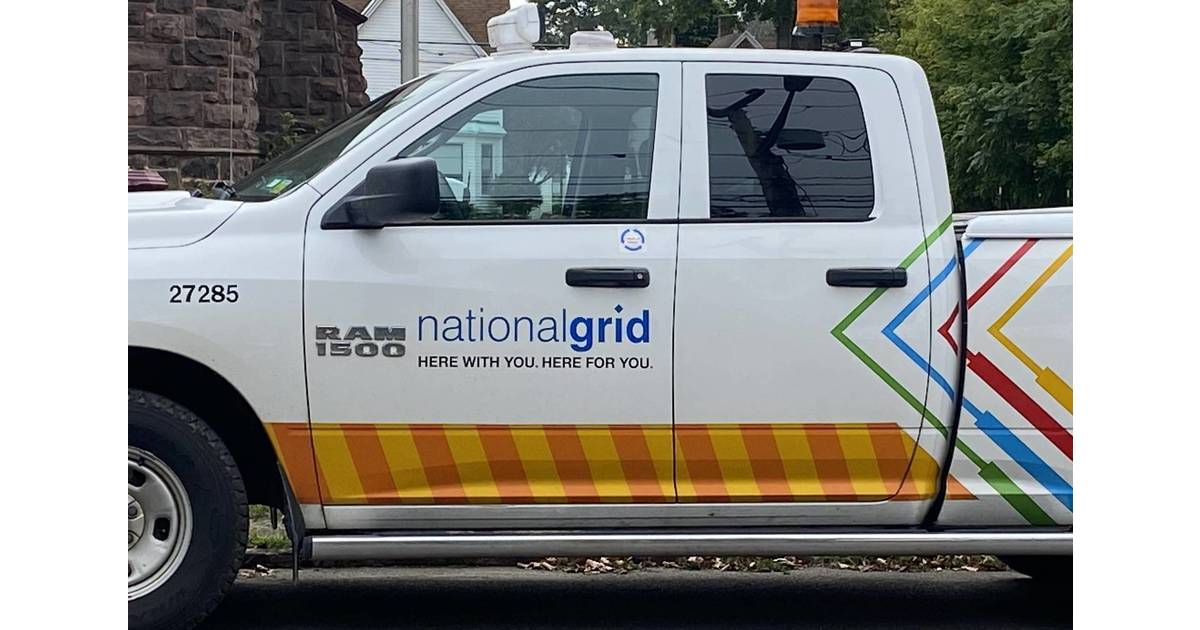
Introduction
The Warm Home Discount is a crucial initiative in the United Kingdom aimed at providing financial assistance to low-income households struggling with energy costs. With energy prices rising sharply over the past few years, this scheme plays an essential role in supporting vulnerable families during the colder months. As many households face unprecedented financial pressures, understanding the Warm Home Discount and its implications is more important than ever.
What is the Warm Home Discount?
Introduced in 2011, the Warm Home Discount is a government-backed initiative that offers a one-off discount on electricity bills to eligible low-income households. The scheme typically provides £140 off the annual energy bill for qualifying individuals, which significantly helps alleviate the financial burden associated with heating homes in winter.
Who is Eligible?
Eligibility for the Warm Home Discount primarily falls into two categories: the ‘Core Group’ and the ‘Broader Group.’ The Core Group includes pensioners receiving the Guarantee Credit element of Pension Credit, automatically qualifying for the discount. The Broader Group covers low-income households, including those receiving certain means-tested benefits like Income Support or Jobseeker’s Allowance. From 2023, the government has expanded eligibility criteria to include those on Universal Credit whose income is below a specific threshold, further widening access to the scheme.
How to Apply
Households that believe they are eligible for the Warm Home Discount can apply directly through their energy supplier. Most major energy companies participate in the scheme, simplifying the process for consumers. In addition, the government’s website provides resources and links for those needing assistance navigating their application.
Current Developments
As of October 2023, the UK government has announced plans to review the Warm Home Discount scheme further to enhance its reach and ensure that more vulnerable households benefit from it amidst rising living costs. Energy companies are also exploring methods to streamline application processes and improve communication with potentially eligible customers.
Conclusion
The Warm Home Discount scheme is an invaluable resource for low-income households in the UK. As the energy crisis unfolds, the significance of this programme cannot be overstated. While it offers temporary relief, it raises broader questions about energy affordability and accessibility for all demographics. Looking ahead, continued government scrutiny and potential reforms could lead to a more efficient and inclusive system, helping those who need support the most navigate the challenges of energy costs during winter.
You may also like

The Importance of the National Grid in the UK

Transport Secretary: Key Initiatives and Updates in 2023

Understanding When the Budget Will Be Announced in 2023
SEARCH
LAST NEWS
- Remembering Wendy Richard: The Promise to Co-Star Natalie Cassidy
- How Did Anglian Water Achieve an ‘Essentials’ Rating for Mental Health Accessibility?
- Shai Hope Leads West Indies in T20 World Cup Clash Against South Africa
- What We Know About Weston McKennie: Future at Juventus and Past at Leeds
- What We Know About the Upcoming Live Nation Antitrust Trial